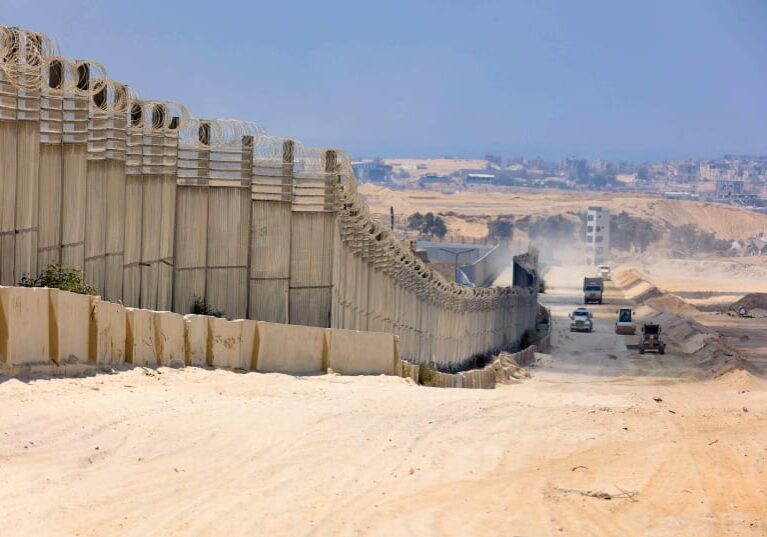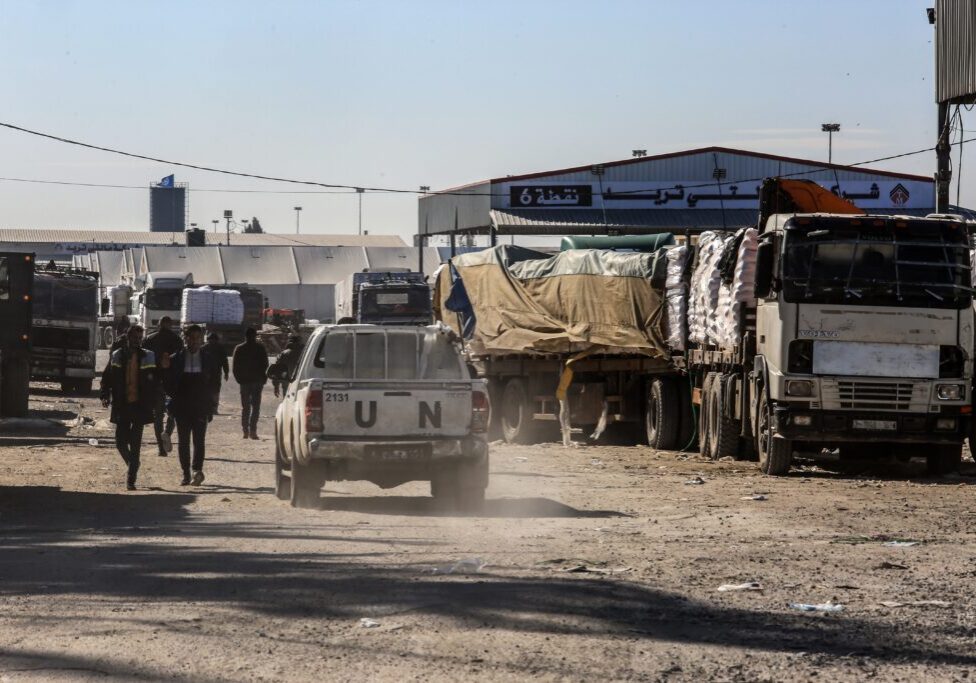Australia/Israel Review
From Dictatorship to Democracy?
Feb 28, 2011 | Cameron Brown
By Cameron Brown
A close examination of countries that have successfully replaced autocracy with democracy will reveal what Egypt needs to go down the same path.
No strategic consideration is of greater importance to Israel than whether post-revolutionary Egypt will follow the path of post-revolutionary Iran. Should the regime of former President Hosni Mubarak be replaced by an extremist Islamic one, Israel will face a two-pronged threat: one from its southern border and the other from Egypt’s nuclear program – one of the region’s most advanced.
However, in order to weigh the prospects of whether Egypt is fated for democracy or theocracy, the discussion must transcend the present focus on whether Islam is somehow a barrier to democracy. Examining other countries’ transitions unearths recurring conditions necessary to establishing democracy following the overthrow of dictatorship.
For instance, after the fall of the Berlin Wall, over 25 communist governments in Eastern Europe and the former Soviet republics were swept from power. Many, like in Poland, Lithuania, and Azerbaijan, crumbled in the face of mass protests that in many ways resembled what we are witnessing now in the Middle East. Similar waves swept across Latin America, as well as parts of Africa and Asia.
And what of their fate years later? As of today, roughly two-thirds of post-Communist countries have transitioned to democracy – and in most cases, liberal democracy.
Not all of those 17 democracies had smooth sailing, mind you. Even today, many of them cannot be considered stable and robust. Likewise, many countries that looked like promising candidates for democracy – even holding fair and free elections after their respective revolutions – eventually capitulated to leaders like Russia’s Vladimir Putin.
So why is it some countries that ousted their dictators became full-fledged democracies, while others did not? In examining cases from around the world, three factors in particular seem to be decisive.
First and foremost is the economy, and in particular, the GDP per capita. As Adam Przeworski, a leading researcher on democracy points out, poorer countries are far more likely to see democracy revert to autocracy. For the poorest countries – those with a GDP per capita of under US$1,000, democracies tend to last only about six years. For those with a GDP per capita between US$1,000 and US$3,000, democracy survives 18 years on average. On the other end of the spectrum, no democracy that surpassed the US$6,500 mark has ever succumbed to autocracy.
No wonder then that when Russia’s average citizen went from earning US$3,485 in 1990 to US$1,340 in 2000, they were ripe for Putin’s power grab.
The second factor is outside influence. The international community can decide to use carrots and sticks to induce democratic reforms, as witnessed in countries like Spain, Poland, and lately, Turkey. Outsiders can also assist in election-monitoring and in empowering civil society – both of which help citizens keep their leaders from unduly usurping additional power.
The final factor worth considering is whether a country has had any previous experience with democracy. Countries with prior democratic experience are far more likely to become successful democracies a second time around than first-timers. Consider the difference between countries that have a democratic past (for example, the Baltic states) versus those that do not (such as those in Central Asia, which hosts some of the most repressive regimes on earth). But even in cases where a country has no direct experience with democracy, having democratic neighbours also increases the country’s chance to maintain its own democracy.
This leaves us both optimistic and pessimistic with regards Egypt and Tunisia. In Egypt, the GDP per capita has doubled (to US$2,270) in the past five years. In Tunisia, although economic performance has stagnated recently, GDP per capita now stands at a relatively high US$3,792. Encouraging economic growth and preventing major downturns will be crucial in the years ahead.
In terms of the influence outsiders can wield, Egypt’s prospects are unquestionably brighter than Tunisia’s. While the EU can use trade agreements and the lure of tourism to foster democracy in both countries, it will be Egypt’s enormous dependence on American foreign aid, military equipment and training that will help keep potential autocrats at bay.
Finally, while Tunisia has no history of democracy, Egypt did experience decades of limited multi-party democracy (something akin to present-day Jordan and Morocco) prior to Gamal Abdel Nasser’s coup in 1952. Of course, prospects for democracy will improve greatly if other countries in the region move in a similar direction.
Oh, and in case you were still wondering if religion – and Islam in particular – precludes democracy, the answer cannot be found in the Koran or Hadith. Religious dogma is far less of a determining factor than the people elected to interpret it. Consider that the long tradition of absolute Papal rule in Catholicism did not prevent most Catholic countries from becoming liberal democracies. In countries ranging from Poland to Latin America, church leaders often play a key role in encouraging human rights and freedom. Whatever challenges to democracy Islam’s theology may present, its impact in the governance of the Muslim world will ultimately be determined by Islamic leaders.
Cameron Brown is the former Deputy Director of the Global Research in International Affairs Center (GLORIA) in Herzliya. © Jerusalem Post, reprinted by permission, all rights reserved.
Tags: Egypt






